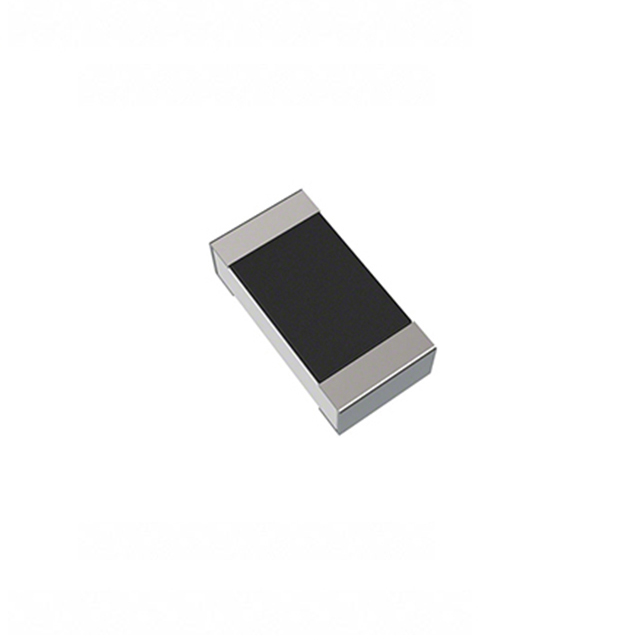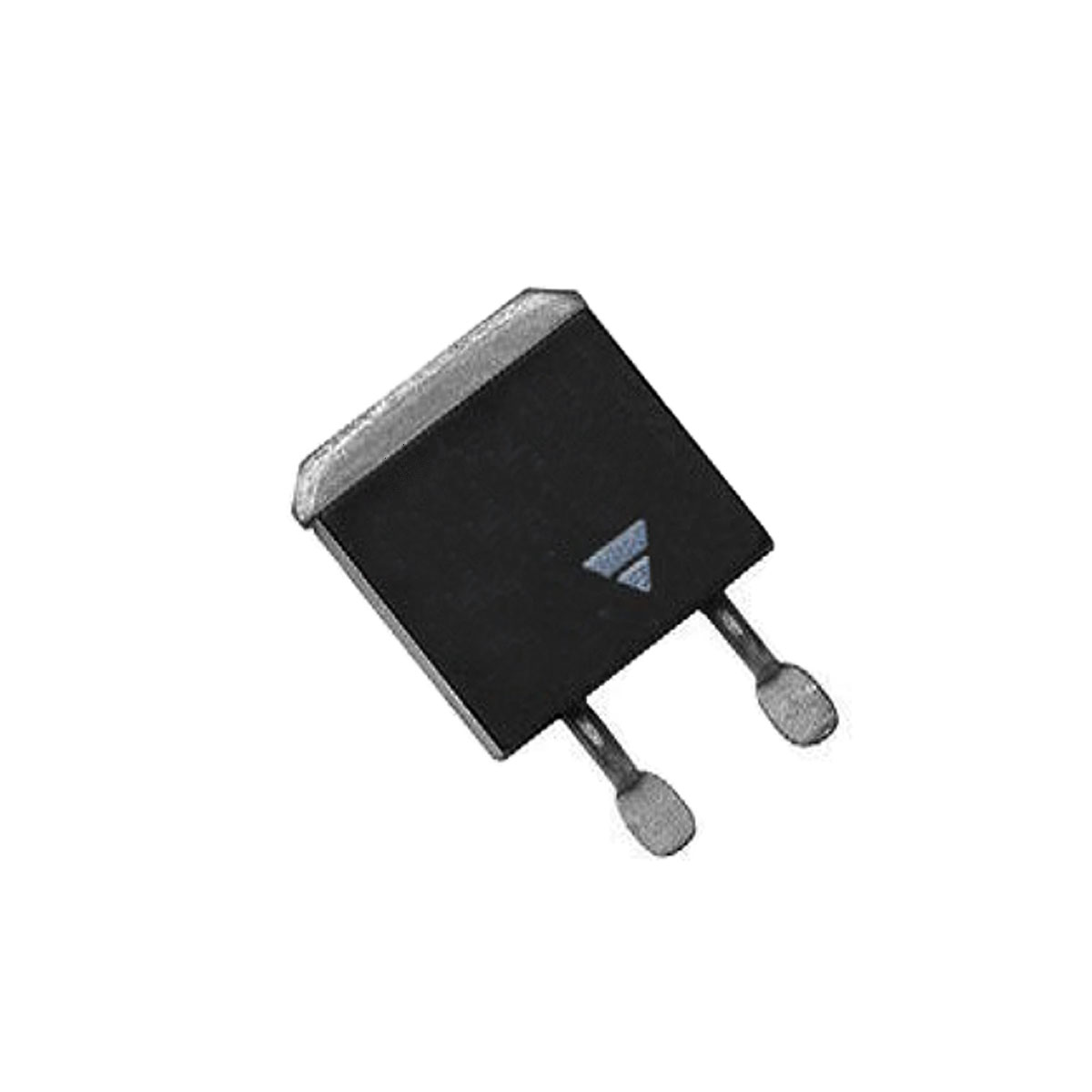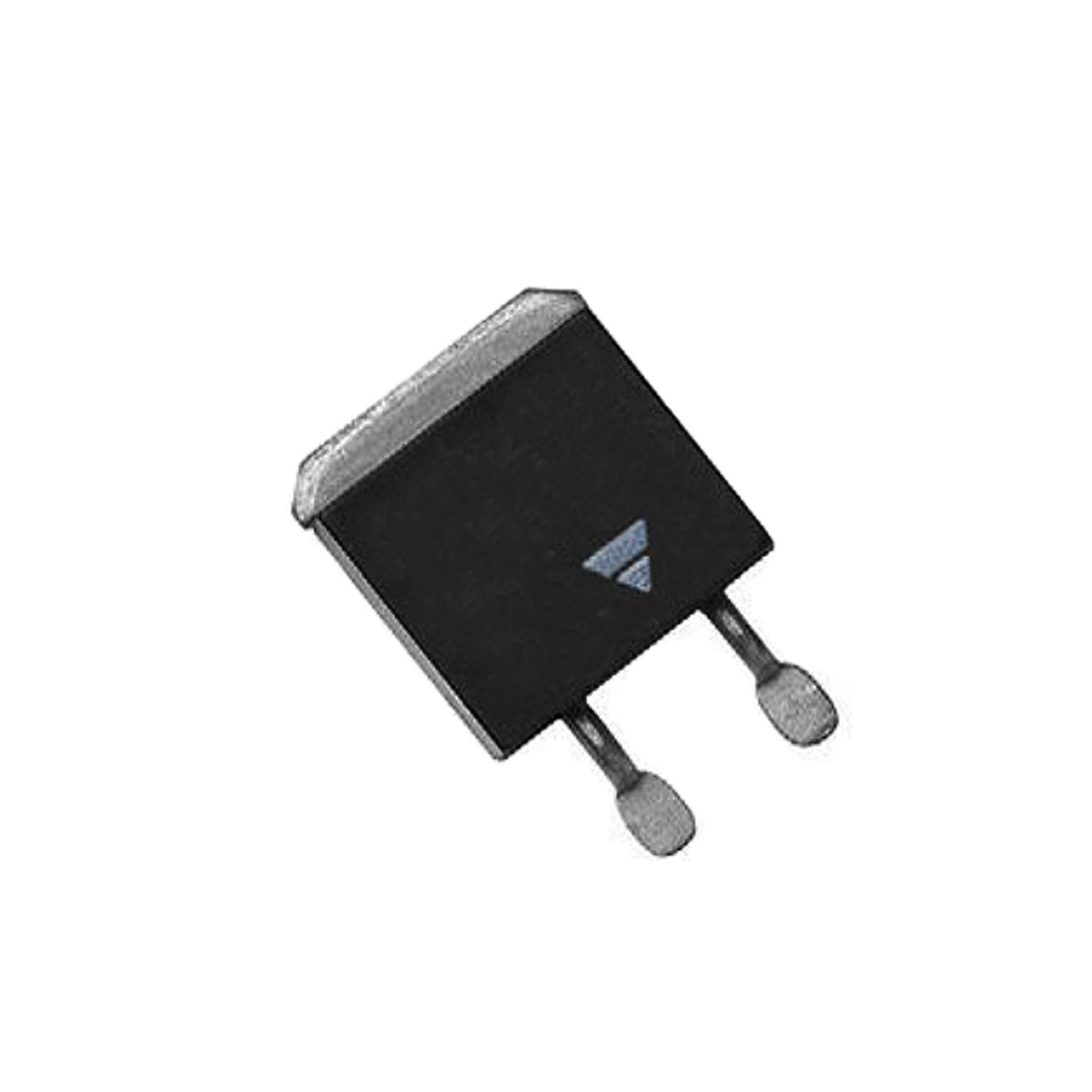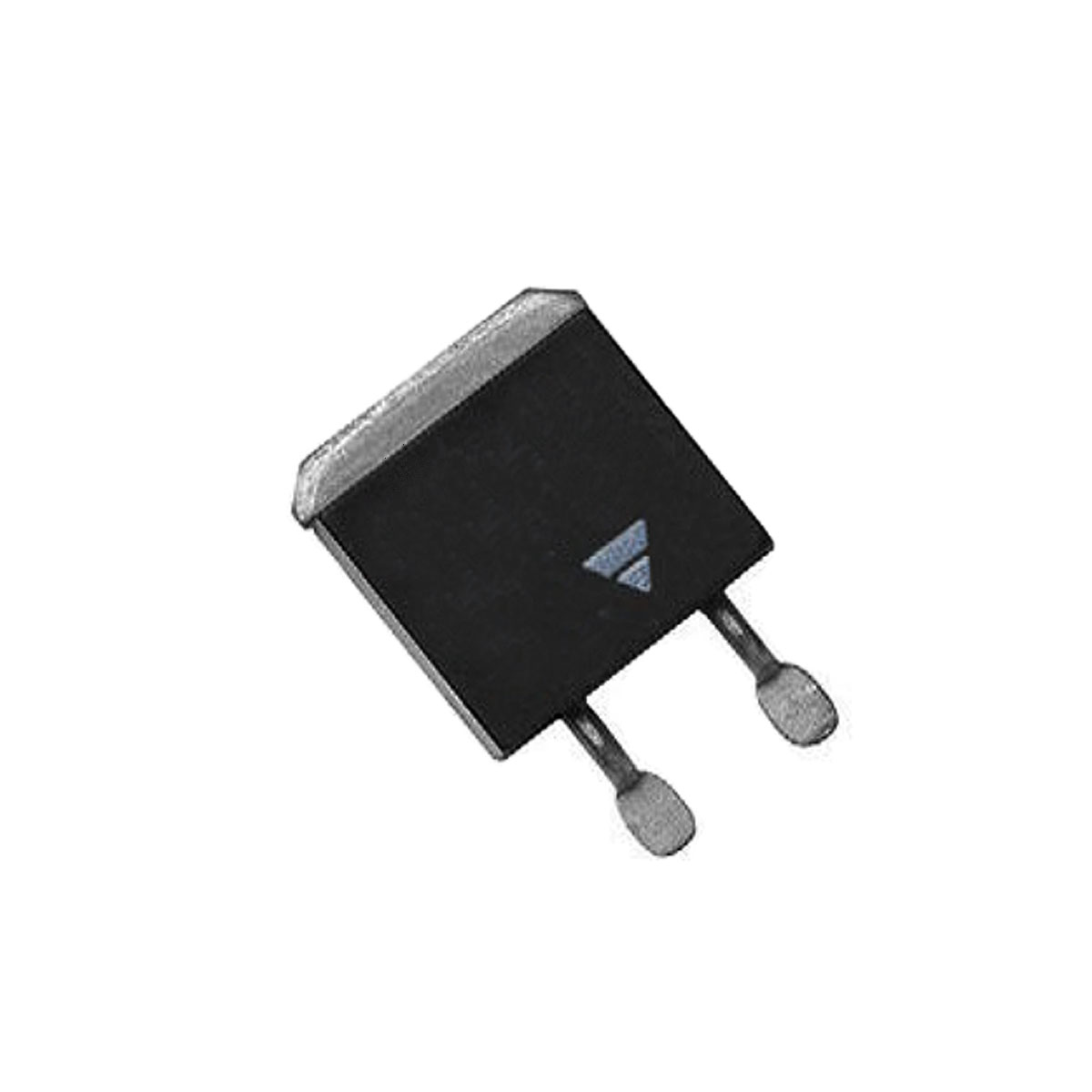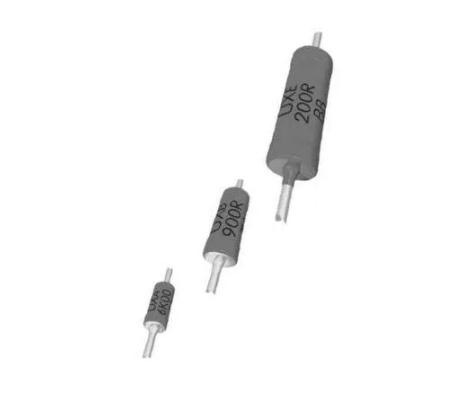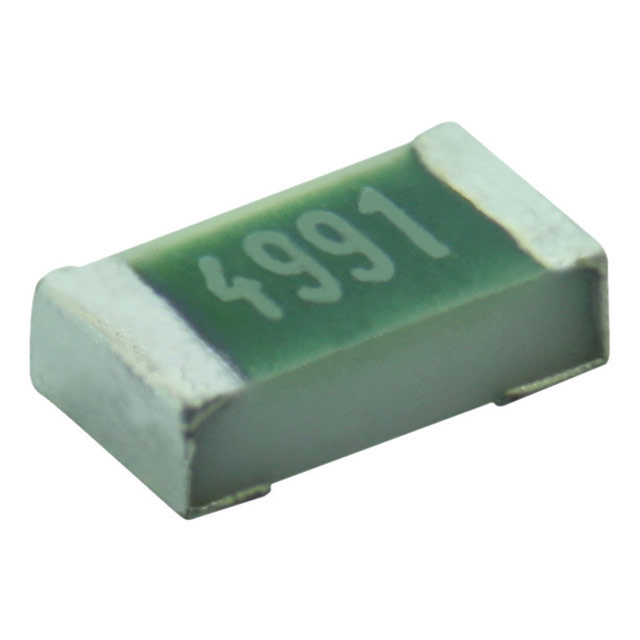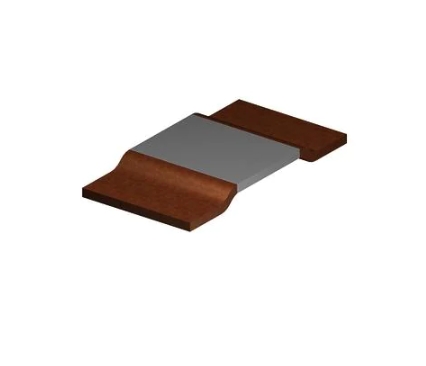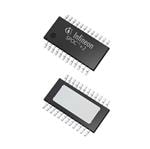ICGolden Resistors
ALL Electronic Components
Result: 37
HOT
SALE
SALE
D2TO035C250R0JRE3
- Vishay
- Chip Resistor - Surface Mount
- New original
-
Data sheet:
D2TO035C250R0JRE3 Datasheet
Quote:
D2TO035C20R00JRE3
- Vishay
- Chip Resistor - Surface Mount
- New original
-
Data sheet:
D2TO035C20R00JRE3 Datasheet
Quote:
D2TO035C15R00JRE3
- Vishay
- Chip Resistor - Surface Mount
- New original
-
Data sheet:
D2TO035C15R00JRE3 Datasheet
Quote:
UXB02070H1000BC100
- Dale / Vishay
- Resistors
- New original
-
Data sheet:
UXB02070H1000BC100 Datasheet
Quote:
TLE94713ESV33XUMA1
- Infineon
- HK/Shen Zhen
- New original
-
Data sheet:
TLE94713ESV33XUMA1 Datasheet
Quote:
Resistors are passive electronic components that limit or control the flow of electric current in a circuit. They are widely used in electronic circuits for various purposes, including voltage division, current limiting, and signal conditioning. Resistors come in different types, each serving specific functions:
Fixed Resistors: These resistors have a constant resistance value that cannot be adjusted. Common types include carbon film resistors, metal film resistors, and wire wound resistors.
Variable Resistors (Potentiometers): Unlike fixed resistors, these resistors have an adjustable resistance. Potentiometers, often called pots, allow the user to vary the resistance manually, making them useful for volume controls and tuning circuits.
Trimmers: Trimmer resistors, or trim pots, are small, adjustable resistors designed for calibration or fine-tuning in electronic devices during manufacturing or servicing.
Rheostats: Similar to potentiometers, rheostats are variable resistors but are specifically designed to handle higher power loads. They are commonly used for controlling the current in applications like heating elements.
Thermistors: These resistors exhibit a resistance that varies significantly with temperature changes. They are often used in temperature-sensing applications.
Light-Dependent Resistors (LDRs): LDRs are resistors whose resistance changes with varying light levels. They are commonly used in light-sensitive applications such as streetlights and camera exposure control.
Resistors are essential in designing electronic circuits to achieve desired electrical characteristics and ensure proper functionality. The specific type of resistor chosen depends on the application's requirements and the electrical properties needed in a circuit.


